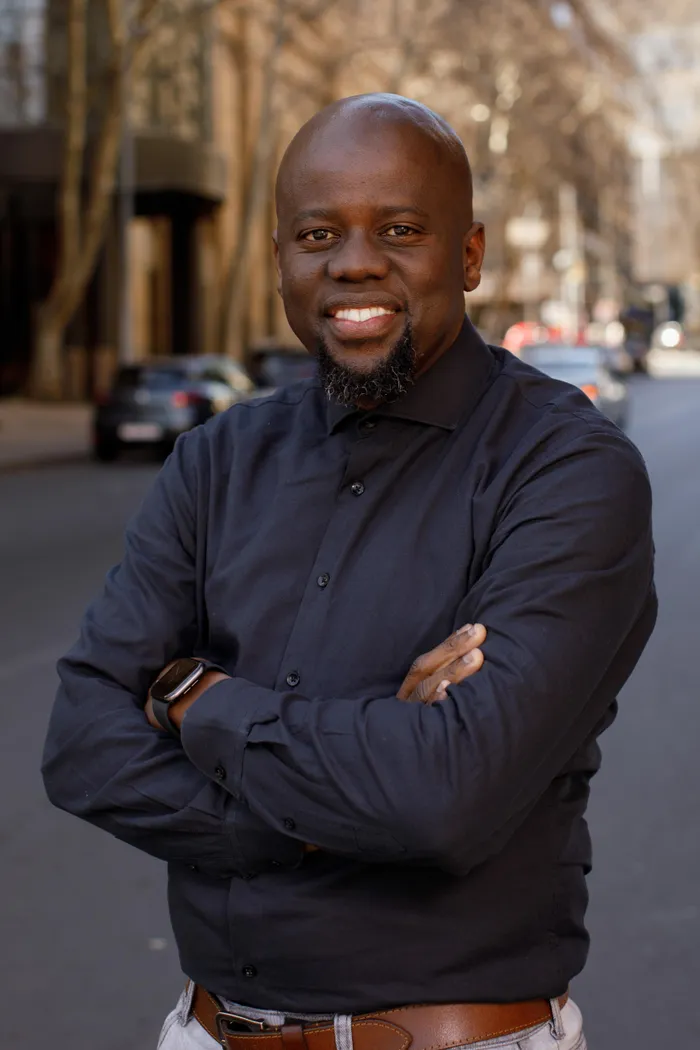
Bongani Sithole.
Image: Supplied
In Africa’s fast-growing tech ecosystem, startup capital is both a dream and a danger. At its height, Founders Factory Africa (FFA) was a beacon of possibility.
Partnering with global players like Standard Bank and the Mastercard Foundation, the venture studio helped entrepreneurs reimagine logistics, fintech, health tech, and agri-tech, launching more than 55 startups across 11 countries.
But by mid-2025, that dream had unravelled.
FFA, rebranded as 54 Collective, was forced into liquidation after a bitter fallout with the Mastercard Foundation, which had pledged over $100 million to support its expansion.
Court filings and audits revealed troubling financial discrepancies, questions around governance, and a messy split that left founders, investors, and Africa’s broader tech scene reeling.
At the centre of this turmoil is Bongani Sithole, the CEO who led FFA’s African expansion in 2018.
Under his leadership, the organisation brought global venture-studio expertise to the continent and championed ambitious growth.
Yet the high-stakes rebrand to 54 Collective, and the foundation’s subsequent withdrawal, placed Sithole in the eye of a storm that now raises difficult questions about accountability and sustainability in Africa’s startup ecosystem.
The collapse signals more than the end of one organisation.
It exposes the fragility of donor-funded startup models in Africa, where ambitious initiatives often hinge on a handful of global funders.
Without sustainable structures, many ventures risk becoming collateral damage when partnerships sour.
For African founders, the shuttering of 54 Collective eliminates a critical lifeline at a time when global venture capital is already pulling back.
For funders, it’s a cautionary tale about oversight, accountability, and the need for stronger alignment with local partners.
Fast Company’s latest print edition unpacks the story further. You can get your personal copy at leading retail stores and bookshops, including Woolworths and Exclusive Books.
